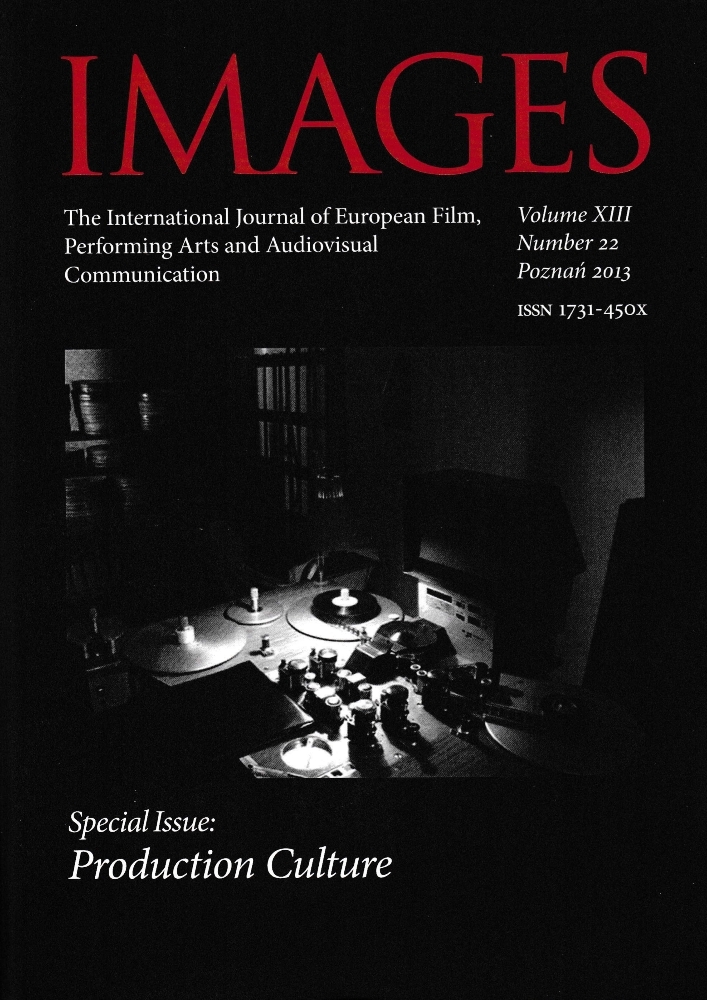Abstract
There are problems with discussing and interpreting film adaptation in the socio-cultural framework that is used for the semiotic, structural and aesthetic analysis of text. Even cinema as art often gives in to habit of talking about film “oeuvres” attributed to or identified in terms of an “author” and author’s cinema. It may be misleading to give too much weight and attention to the concept of “fidelity” of film adaptation, and it may be better to look at both – adapted piece of literature and its screen adaptation - as variously connected texts of culture confronting each other and participating in specific discourse. Marek Hendrykowski’s paper raises these questions, examines theoretical background of adaptation as form of communication, and reflects on the modelling linguistic aspects of intertextual analyses of film adaptation as a form of cultural translation.References
J. Kristeva, Séméiotikč. Recherches pour une sémanalyse, Edi¬tion du Seuil, Paris 1969, passim; M. Głowiński, O intertekstualności, „Pamiętnik Literacki” 1986, z. 4.
R. Nycz, Intertekstualność i jej zakresy: teksty, gatunki, światy, w: idem, Tekstowy świat. Poststrukturalizm i wiedza o literaturze, IBL PAN, Warszawa 1995, s. 59–82.
Kultura w stanie przekładu. Translatologia – komparatystyka – transkulturowość, red. W. Bolecki i E. Kraskowska, IBL PAN, Warszawa 2012, s. 7.
A. Helman, Fantazmat dziecka: pięć adaptacji „Listu do nieznajomej” Stefana Zweiga, w: Przestrzenie intermedialności. Adaptacje filmowe literatury niemieckojęzycznej, red. K. Kupczyńska i M. Saryusz-Wolska, Oficyna Wydawnicza Atut, Wrocław 2012.
W.J. Ong, Interfaces of the Word, Cornell University Press, Ithaca 1971.
R. Ingarden, Kilka uwag o sztuce filmowej, w: idem, Studia z estetyki, t. 2, PWN, Warszawa 1966, s. 315.
License
Copyright
© by Adam Mickiewicz University, Poznań, 2013
OPEN ACCESS
